There was a celebratory twinkle in Alex Mair’s eyes when he returned to his care home in Aberdeen from a party earlier this month.
Impeccably dressed up for the occasion, with a cake in his possession, he smiled at various staff members as he graciously accepted a variety of birthday greetings.
And yet, within a few moments, he was talking vividly about his involvement in the launch of Grampian TV back in September 1961, as if it was only yesterday.
He was centre stage in the drama
His recollections were spot-on, his reminiscences sufficiently evocative that it was easy to be swept back to the days when he and three others typed away, drank copious amounts of coffee, and planned a revolution, from their office in Crown Terrace.
Alex is a modest fellow, somebody who doesn’t claim credit when he feels it should be passed on to others. But there again, precious few of the original team are still with us.
In which light, it was a privilege to share stories with this redoubtable character – who just happens to be 102 years old.
The challenges which Alex and his confreres faced were formidable. If they developed as they hoped, they would be serving an area bigger than the Netherlands, stretching from Aberdeen to Stornoway and Dundee to Inverness.
They would be tackling major stories on a shoestring budget with a minuscule number of reporters and technicians, pitted against the BBC with the luxury of the licence fee.
‘I knew we had to balance the books’
Yet, as an accountant with a passion for the north east, and a belief in its culture, festivals, sporting institutions, languages and thrawn sense of injustice at perceived central belt bias, both real and imagined, he was the beating heart of Grampian.
Thus, regardless of obstacles in his path, Alex was a trailblazer forever more interested in the trail than blazer – not that he wasn’t sartorially elegant – and determined to provide his workforce with the tools to become a little station with a mighty reputation.
He told me: “We were committed to keeping it local and listening to what people in the north east wanted from us, not the other way around. This was for them, not us.
“In the early days, it was a bit frantic. We had to think on our feet and reflect on how best we could cover the place we were living in to the outside world. But, coming from up here, I suppose it helped that I knew a lot of people and what interested them.
‘It was my life for many years’
“I suppose, with hindsight, you could argue that we should have done this or that differently. At the start, everything was live and we had just one film unit. Some things were a success. Others….well maybe it’s best to draw a veil over them. But it was a joy.
“And it was my life for so long [from 1960 to 1987]. I loved every minute of it and the greatest year of my life was undoubtedly 1961, when we got the station up and running.”
The channel offered opportunities for seasoned veterans and newcomers alike. There was Calum Kennedy, the singing sensation of the Tivoli, whose daughter, Fiona recalls the sheer exhilaration of being involved in those early Grampian broadcasts.
Calum’s Ceilidhs was a major hit. As was Try for Ten with Billy Raymond, Bothy Nichts with more cheese than the whole Cheddar Gorge and the pioneering Romper Room.
Mary Magdalene on Balmedie Beach
The latter was presented by 19-year-old Lesley Blair, who subsequently wrote, produced and presented the eponymous Lesley, a daily 10-minute children’s programme, as well as appearing on the famous show Cartoon Cavalcade.
Oh, and while she was still in Aberdeen, she played Mary Magdalene in a special Easter commemoration that was partly filmed on Balmedie Beach.
Alex said: “It was my job [as managing director and chief executive] to strike the right balance between making money and giving the programme makers the tools to do the job. We had a lot of talented folk with plenty of ideas and soon raised our ambitions.
“I wanted the station to be like a TV version of the Press and Journal, something which covered news, current affairs, sport, entertainment, community ventures, the lot.
‘We broke a lot of new ground’
“On the technical side, we were the first company in British broadcasting to introduce electronic newsgathering. And the first ITV company to introduce computer graphics.
“On the production side, we were the first ITV station to broadcast live from a North Sea oil rig, the first to set up up a dedicated documentary department and the first UK TV company to tackle the difficult subject of sex education in a series for youngsters.”
Alex recognised that the discovery of North Sea oil, less than a decade after Grampian’s foundation, was a “game-changer”. As the black stuff flowed, so did network demands.
There were acclaimed documentaries such as Two of a Kind, Last of the Hunters, A Tale of Two Cities and an infamous interview between rising star Selina Scott and a young politician called Donald Trump, which has to be seen if not necessarily to be believed.
There was talent all around me
Alex said: “I knew, from the outset, it wasn’t enough just to mind the pennies; we needed strong creative people, capable of making excellent regional programmes.
“And we found them, both in front of and behind the camera. I still say with some pride that, after the first couple of years, Grampian was always in profit and our ratings continued to grow, even though our population base was smaller than the rest.
“I used to travel down to the ITV meetings in London and join my fellow chief executives across the business such as Sir Lew Grade and John Freeman, but I think they all realised the good job that Grampian was doing.
“From my perspective, with the arrival of the oil boom, we were the right company in the right place at the right time to tell what was a truly international story.”
And then everything changed
Alex, like his namesake, Mr Ferguson, didn’t want to overstay his welcome in Aberdeen and retired as chief executive in 1987. Typically, despite being invited to stay on as a board member, he declined the offer, saying: “I felt it would be unfair to my successor.”
Yet, if that summed up his philosophy that he preferred being a team player rather than somebody craving the limelight, he was shocked when Grampian was sold on to SMG and swallowed up by STV in 1997. And he still thinks it was a mistake.
He told me: “I’m an old man now and what’s done is done, but I didn’t agree with the decision to ‘merge’ with SMG and I’ve made my feelings known about that.
“We were on a sound financial footing at the time it happened [their shares were at an all-time high], so it wasn’t even a decision which best served the shareholders.
‘We were more than a news station’
“I have a lot of respect for the men and women who work at STV and cover the north of the country. And the media has completely changed in the last 10-20 years.
“But I still believe that Grampian had an awful lot going for it and our audience respected what we were doing. We were always more than just a news station.
“We were a part of people’s lives and that was what helped drive us on.”
We shook hands and Alex pressed a button, letting the staff know he was ready.
As he went upstairs, one of the workers said to me: “I told you he’s a lovely man.”
That he is. Let’s hope that, unlike Grampian TV, he still has a few more years in him.
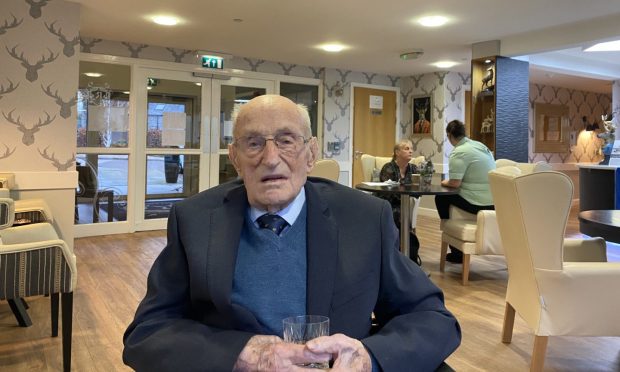
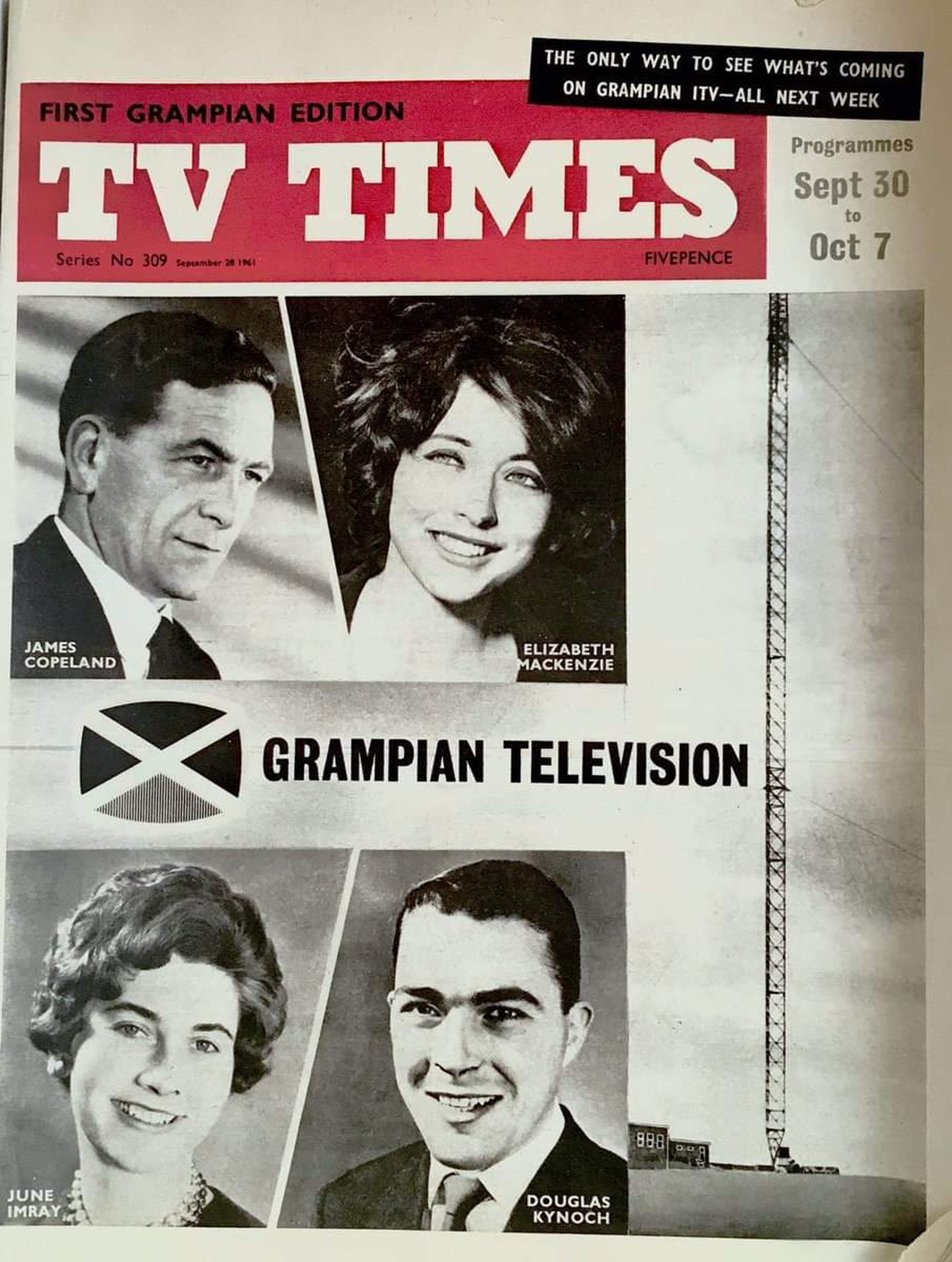
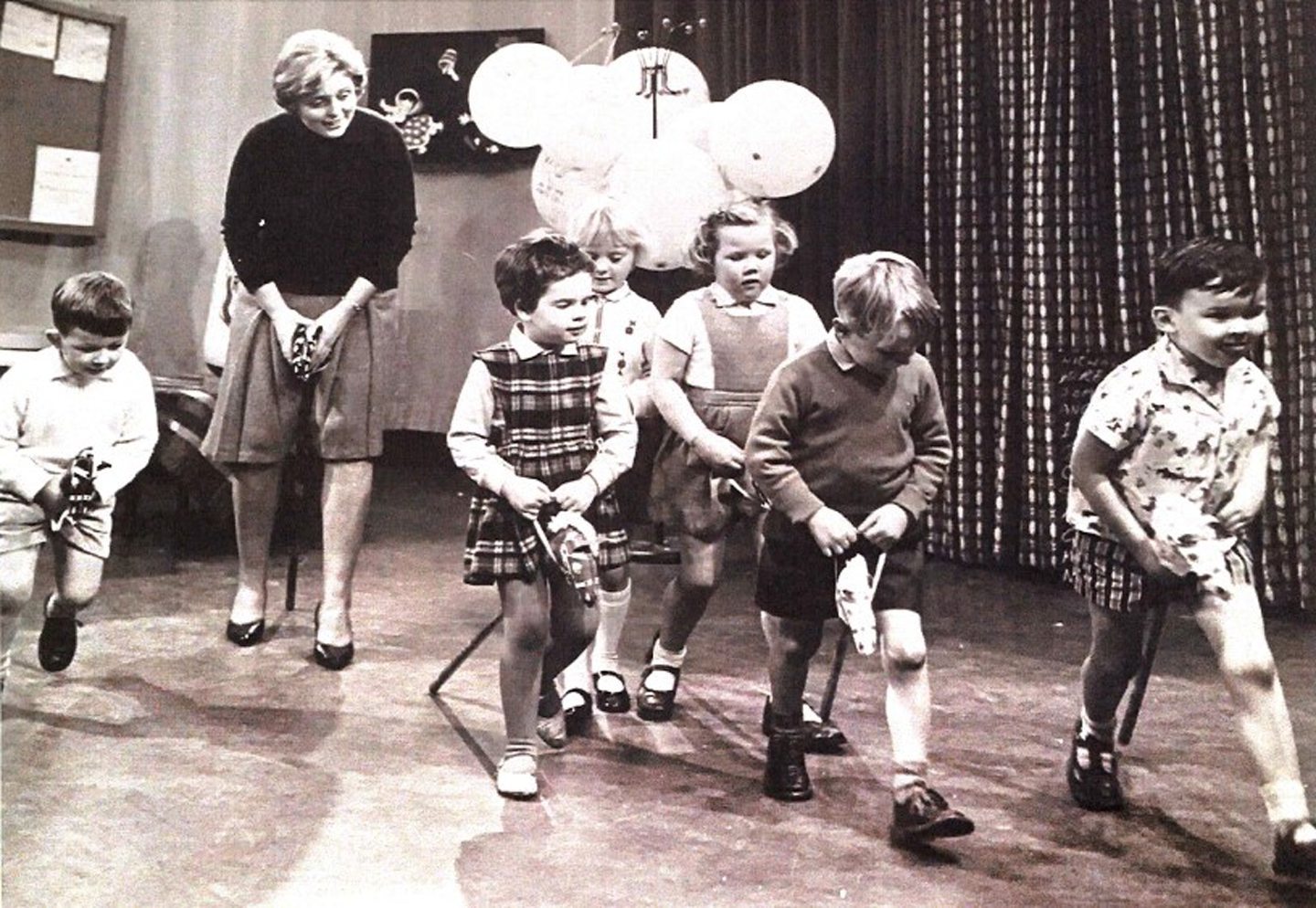
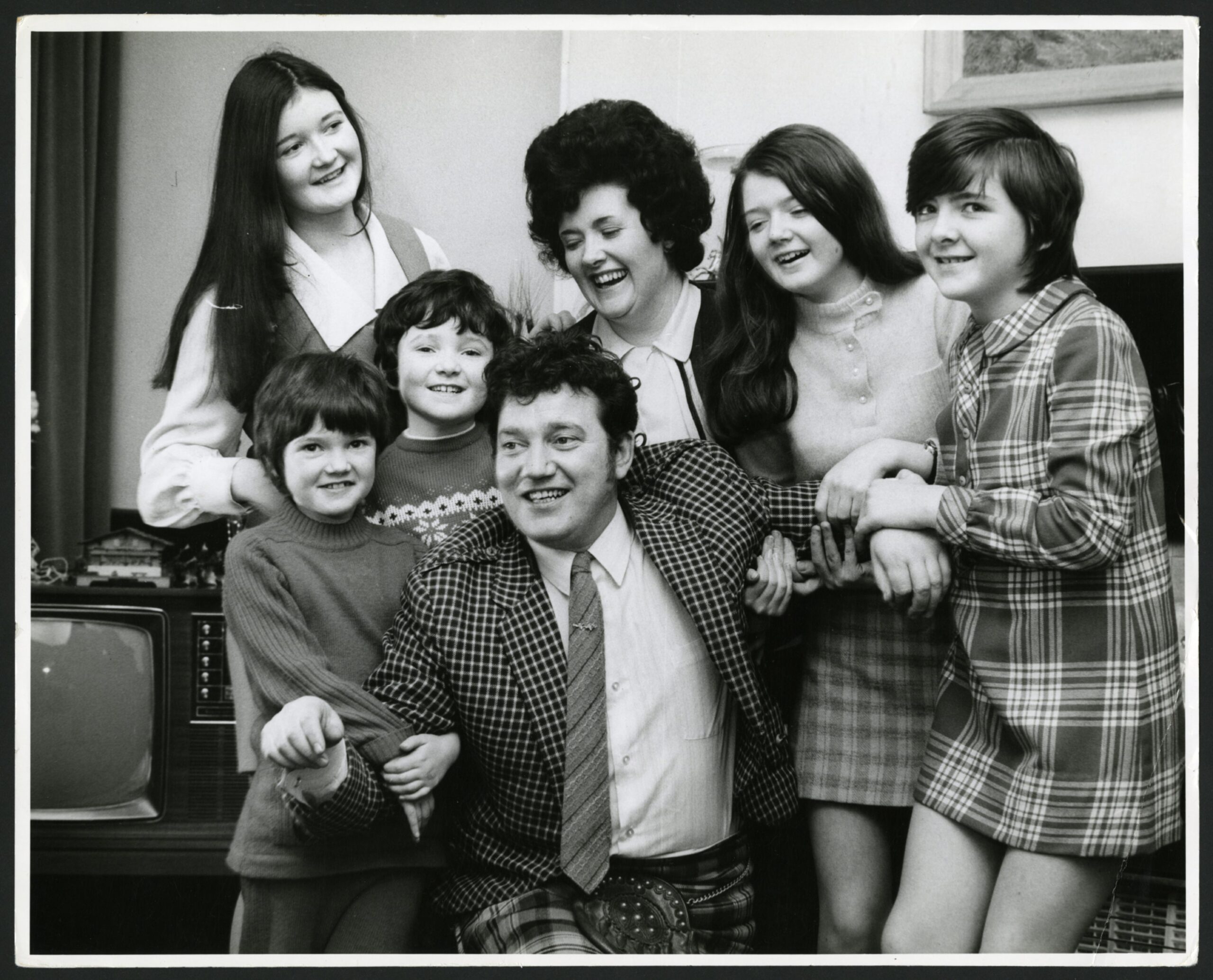
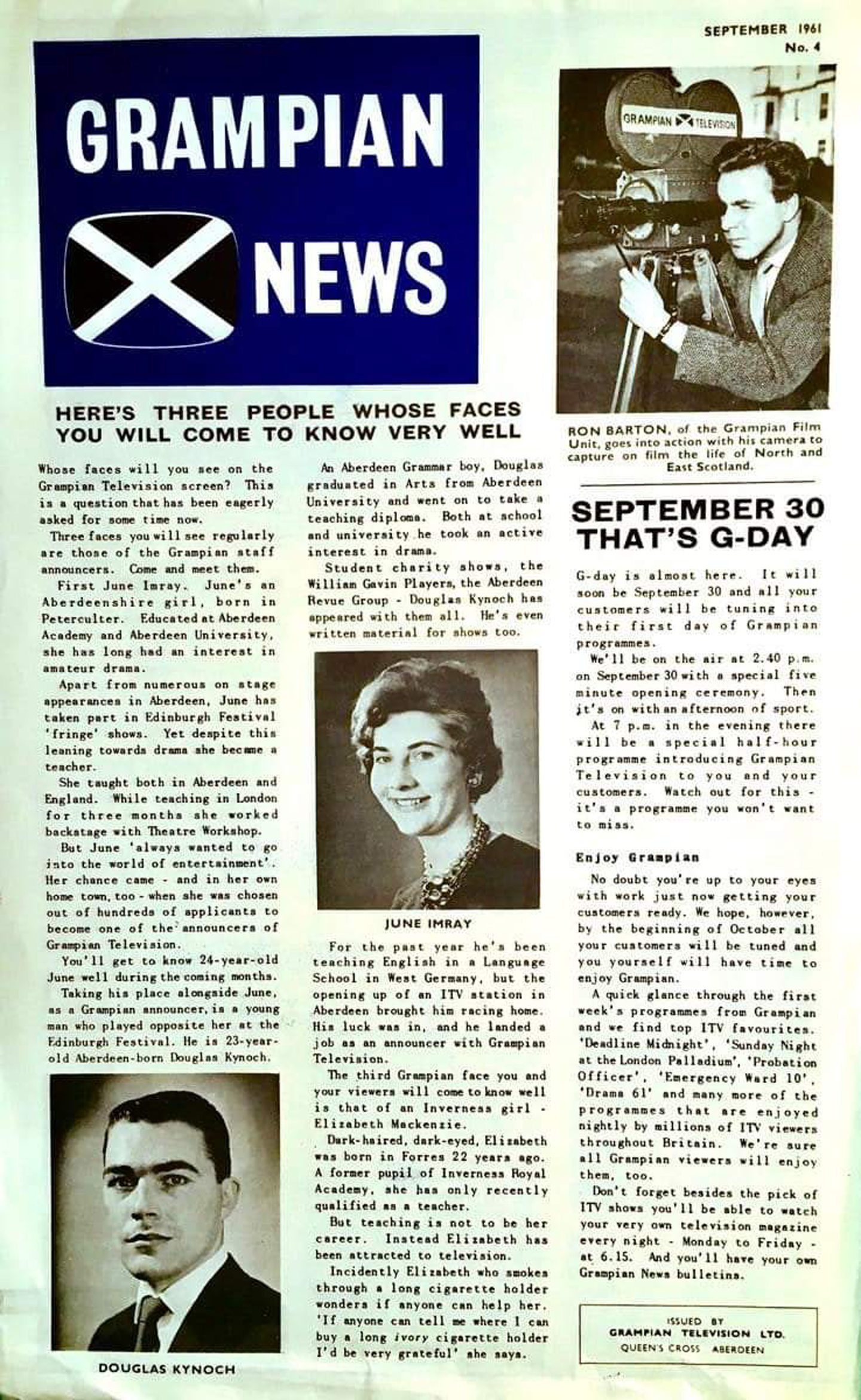
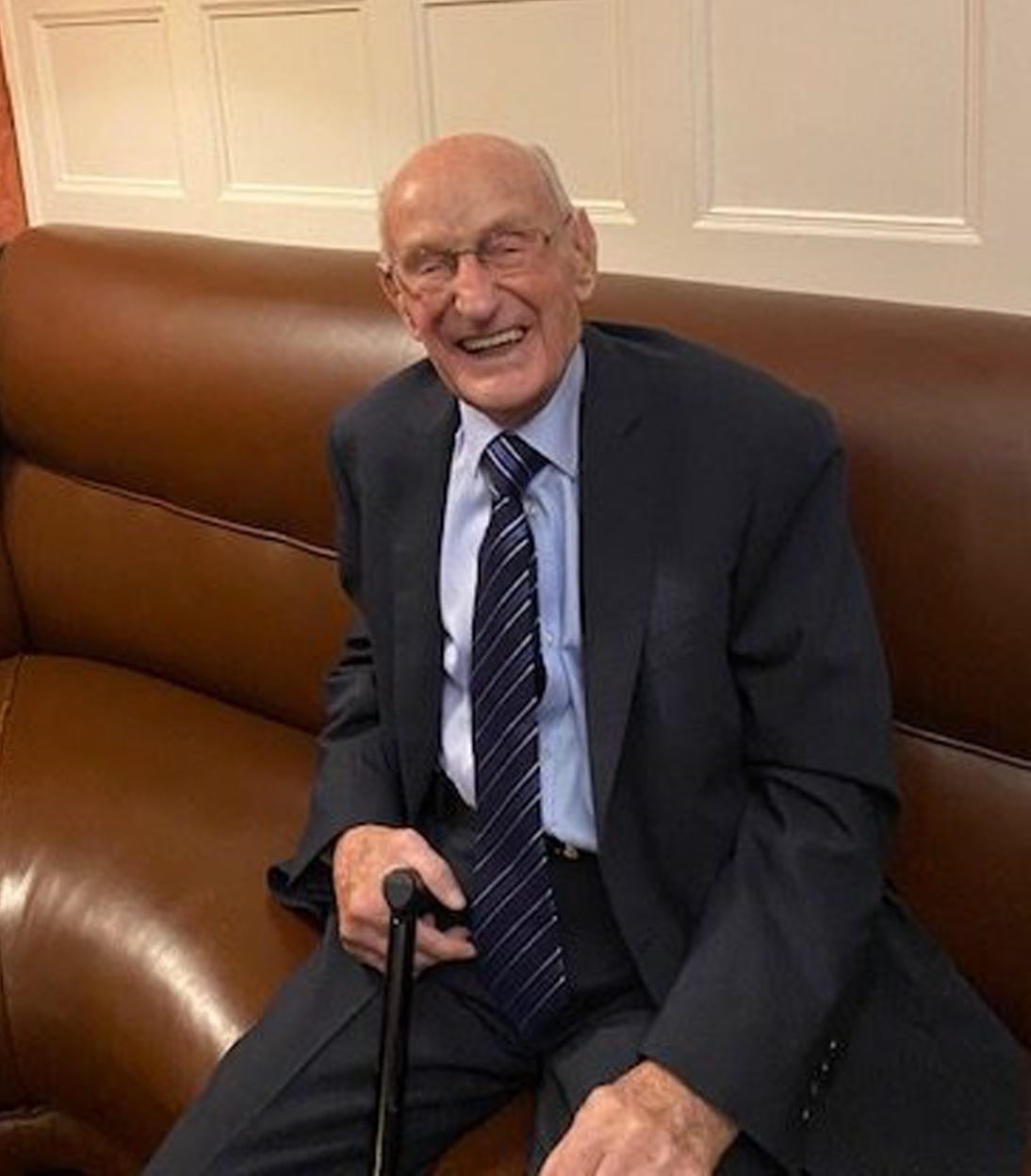
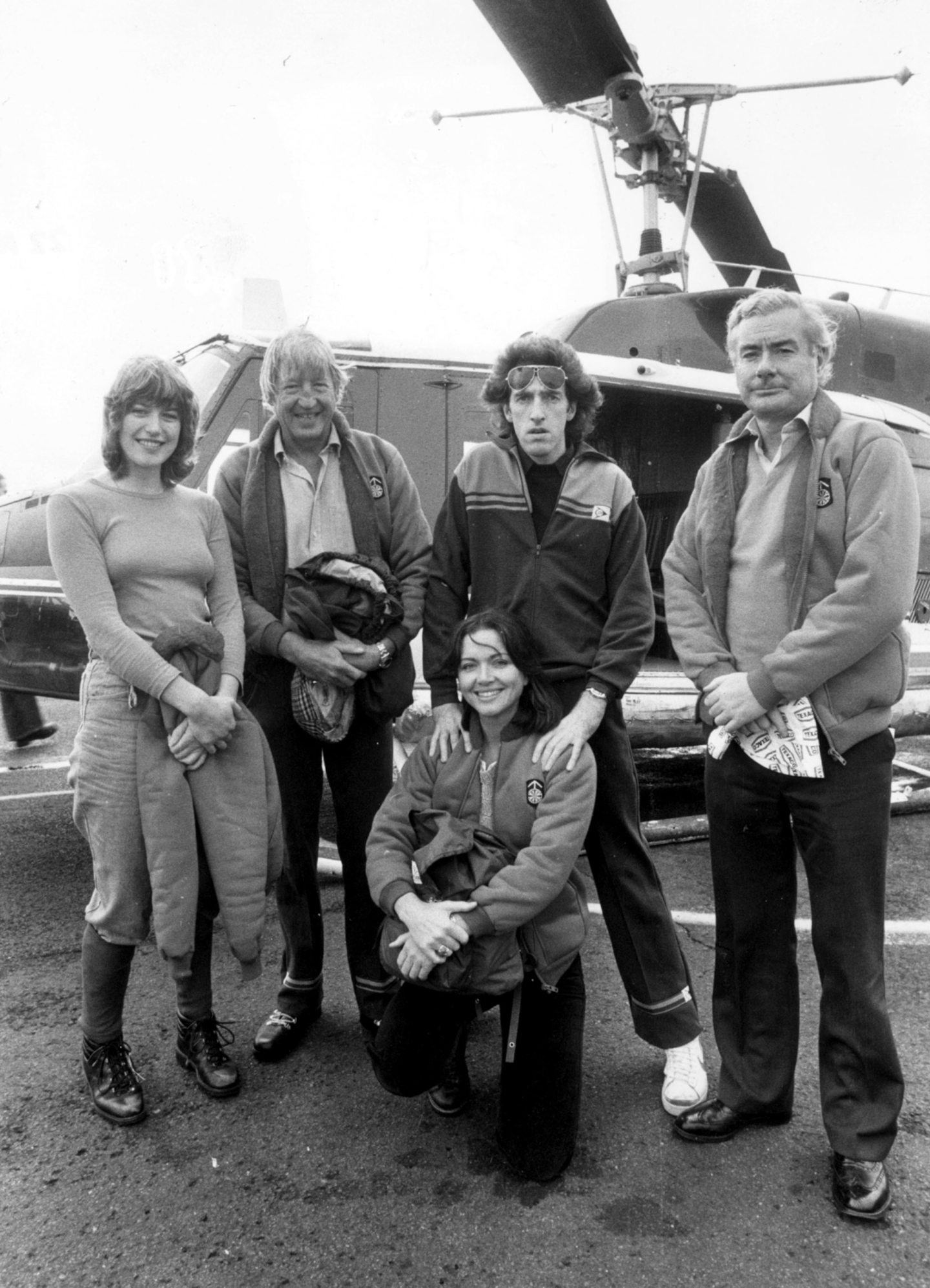
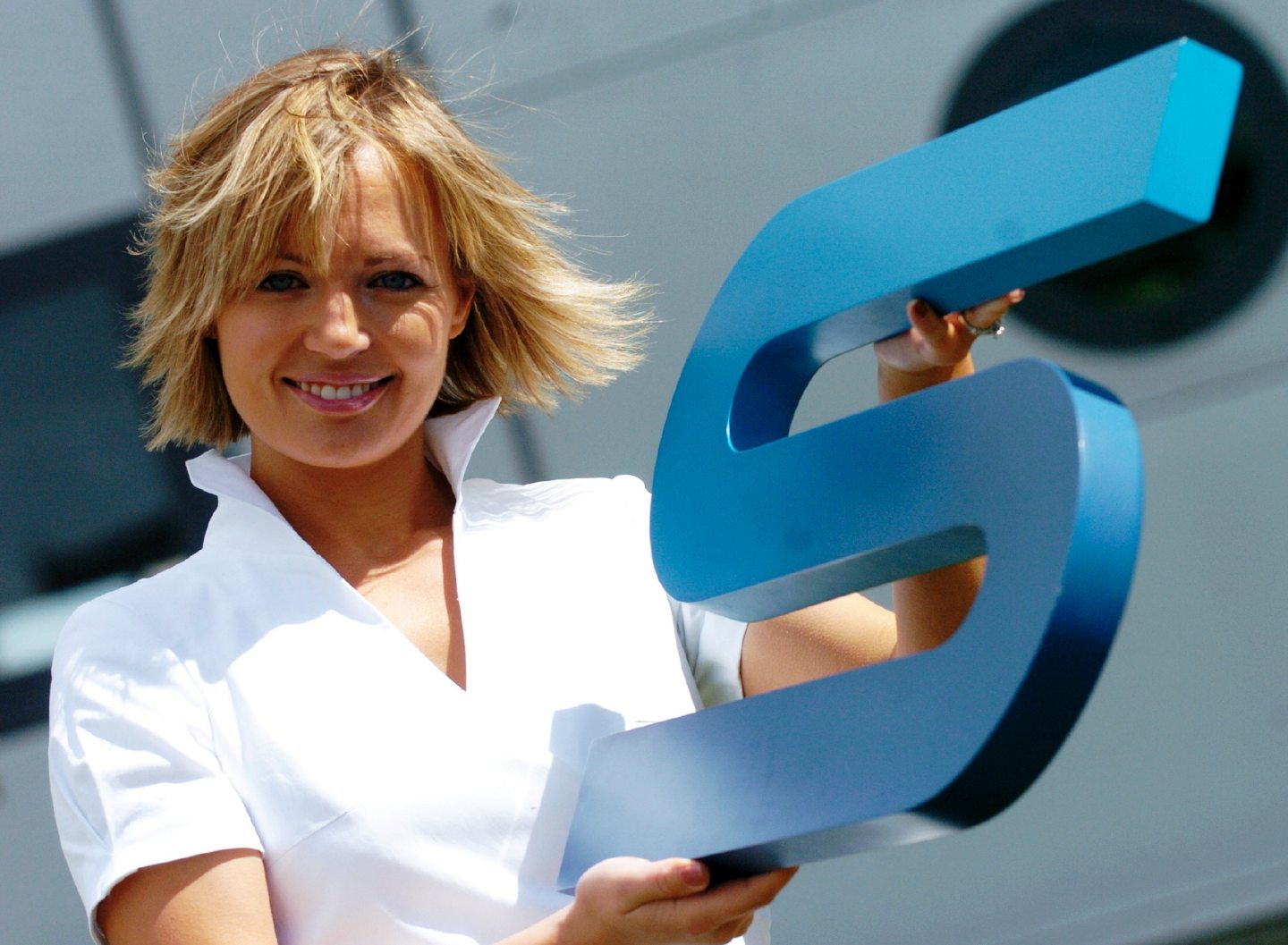
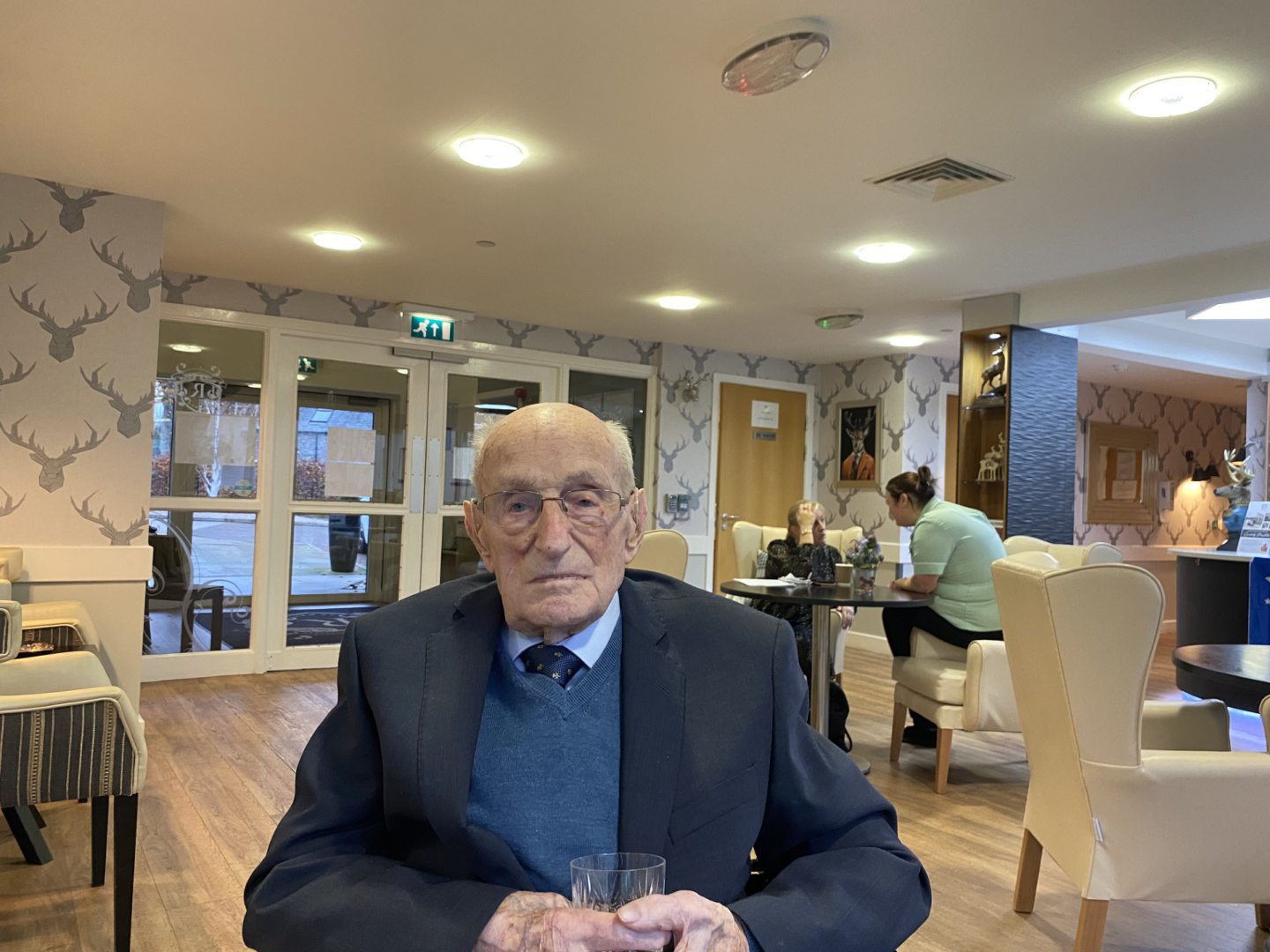
Conversation